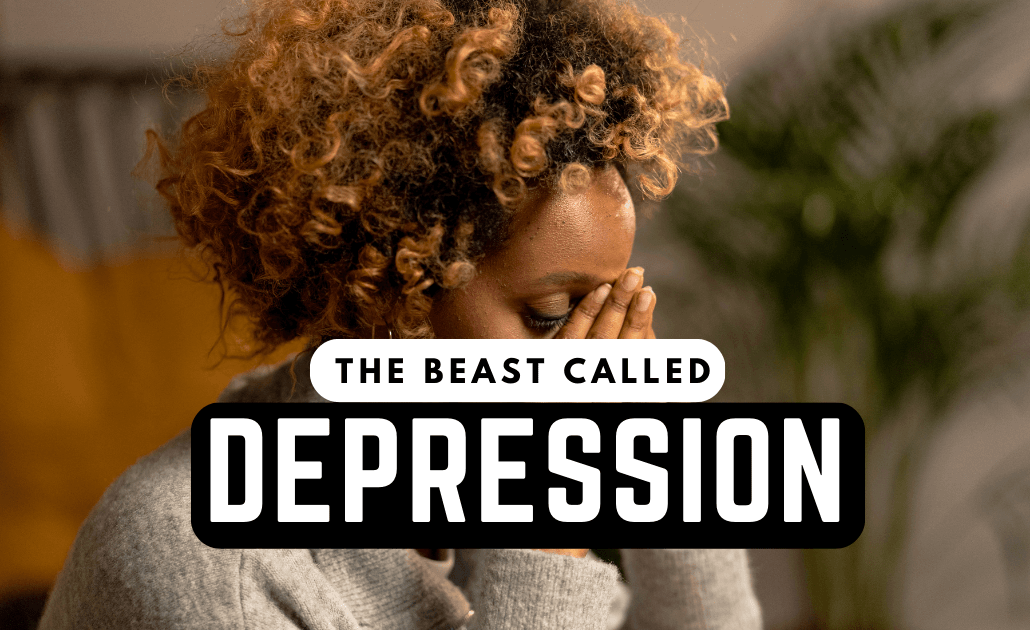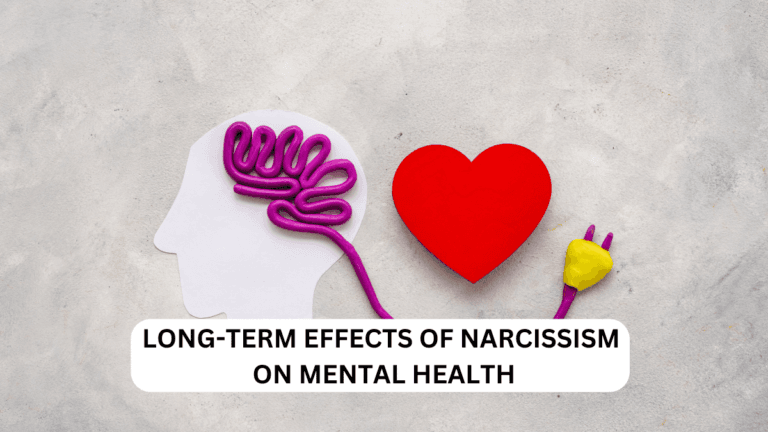Depressed? 5 Reasons Why You May Feel Depressed After Enduring Narcissistic Ab&se Trauma
You are Not Alone, My Friend
Recovering from narcissistic abuse is a challenging journey that can have a profound impact on one’s mental well-being.
Individuals who have experienced narcissistic abuse often face various emotional and psychological struggles as they navigate the path to healing.
Depression, in particular, is a common consequence of such abuse.
In this article, we will explore five key reasons why individuals may feel depressed after suffering narcissistic abuse while on their road to recovery.
Emotional Exhaustion and Cognitive Dissonance
One of the primary reasons why individuals may experience depression after narcissistic abuse is the emotional exhaustion caused by the constant manipulation and gaslighting endured during the abusive relationship.
Narcissists are skilled at undermining their victims’ self-worth, distorting their perception of reality, and invalidating their emotions.
This prolonged exposure to psychological manipulation can leave survivors feeling drained, confused, and doubting their own thoughts and feelings. The resulting cognitive dissonance, where conflicting beliefs and emotions coexist, can lead to profound sadness and a sense of helplessness.
The emotional exhaustion experienced by survivors of narcissistic abuse is akin to running a marathon without a break. It depletes their mental and emotional resources, leaving them feeling fatigued and emotionally drained. This constant state of turmoil can contribute to the development of depressive symptoms as individuals struggle to find solace and regain their emotional equilibrium.
Watch the Video
Listen to the Podcast Episode
Loss of Identity and Self-Esteem
Narcissistic abuse often involves the systematic erosion of an individual’s self-esteem and identity.
Narcissists seek to exert control by diminishing their victims’ self-worth, independence, and agency.
Survivors may find themselves questioning their abilities, talents, and even their fundamental sense of self. The aftermath of such abuse can leave individuals feeling empty, lost, and devoid of purpose.
This profound loss of identity and self-esteem can contribute to feelings of hopelessness and despair, leading to depression.
The narcissist’s relentless devaluation and invalidation can erode a survivor’s self-confidence, leaving them with a diminished sense of self-worth. They may struggle to trust their own judgment and feel a constant sense of inadequacy.
The internalization of these negative beliefs can perpetuate depressive thoughts and feelings, making it difficult for survivors to regain a positive self-image.
Isolation and Trust Issues
Another significant factor that can contribute to depression after narcissistic abuse is the social isolation often experienced during the relationship.
Narcissists isolate their victims by alienating them from friends, family, and support networks.
This isolation serves to reinforce the narcissist’s control and makes it even more challenging for the survivor to reach out for help.
Moreover, survivors of narcissistic abuse often struggle with trust issues, finding it difficult to form new relationships or open up to others due to the fear of being hurt or manipulated again.
The combination of isolation and trust issues can intensify feelings of loneliness and exacerbate symptoms of depression.
Survivors of narcissistic abuse often feel trapped in a cycle of isolation.
They may have been cut off from their support system during the abusive relationship, leaving them without a safety net when the relationship ends.
The lack of emotional support and understanding can further deepen their sense of despair, making it harder to overcome depressive symptoms.
In addition, the lingering trust issues resulting from the abuse can make it challenging for survivors to forge new connections and seek the support they need, further perpetuating their feelings of isolation.
Complex Post-Traumatic Stress Disorder (C-PTSD)
Narcissistic abuse can result in complex post-traumatic stress disorder (C-PTSD), which is a more severe form of traditional post-traumatic stress disorder (PTSD).
C-PTSD is characterized by a range of symptoms, including depression, anxiety, flashbacks, emotional dysregulation, and difficulties with self-esteem and trust.
Survivors of narcissistic abuse often experience a constant state of hypervigilance and may struggle to establish a sense of safety and stability.
The cumulative effect of enduring chronic abuse can significantly impact one’s mental health, leading to the development of depression as a coping mechanism.
C-PTSD is a complex and pervasive condition that can arise from the prolonged exposure to narcissistic abuse. The constant fear and stress experienced during the abusive relationship can reshape the survivor’s brain and nervous system, making them more susceptible to depression and other mental health disorders.
The symptoms of C-PTSD, such as emotional flashbacks, intrusive thoughts, and intense anxiety, can exacerbate the depressive symptoms, making it even more challenging for individuals to recover and find emotional stability.
The Grieving Process
Recovering from narcissistic abuse entails going through a grieving process.
Note: I have run into people who claim they don’t need a recovery process, so it’s not always needed – FYI.
Survivors must come to terms with the loss of the idealized version of their partner and confront the painful reality of the abusive relationship.
The grief experienced during this process is multifaceted and can include feelings of sadness, anger, guilt, and regret and more…
The enormity of this emotional burden can easily overwhelm individuals, triggering depressive symptoms as they navigate through the various stages of grief.
The grieving process after narcissistic abuse is complex and unique to each survivor.
They may mourn the loss of the relationship they believed they had, the dreams and plans they shared, and the person they thought their abuser was.
Additionally, survivors may grapple with the grief of lost time, lost opportunities, and the impact the abuse has had on their overall well-being.
The emotional weight of the grieving process can contribute to a sense of hopelessness and sadness, intensifying the risk of depression during the recovery journey.
The journey of recovering from narcissistic abuse is fraught with emotional challenges, and it is not uncommon for survivors to experience depression along the way.
Emotional exhaustion, cognitive dissonance, loss of identity, isolation, trust issues, complex post-traumatic stress disorder, and the grieving process all contribute to this vulnerability.
Recognizing these factors can help survivors and their support systems understand the complex nature of the healing process and provide appropriate resources and assistance.
It is crucial for survivors of narcissistic abuse to seek professional help, such as therapy or counseling, to address their mental health concerns. With time, support, and therapeutic interventions, individuals can heal from the wounds of narcissistic abuse, regain their sense of self-worth, and work towards building a fulfilling and healthy life beyond the abuse.
Remember, healing is possible, and there is light at the end of the tunnel for those on the path to recovery.
depressed depressed depressed depressed depressed








